DOOMSDAY ICE SHELF
A melting glacier imposes a threat to coastal cities
Thwaites Glacier resides in western Antarctica. The ice shelf is the broadest of the Antarctic glaciers and is facing rapid melting due to warmer waters.
The race to reverse climate change has been a hot (or cold) topic for many years, yet now it’s effects may be unavoidable.
Antarctica is home to some of the biggest glaciers in the world, including Thwaites Glacier. This unusually broad ice shelf is sometimes referred to as the ‘Doomsday Glacier’ as the effects of its collapse could have catastrophic side effects.
In 2021, a virtual press briefing was held Dec. 13 at the annual meeting of the American Geophysical Union (AGU) to discuss the accelerating deterioration of Thwaites Glacier, and its potential collapse in just a few years.
According to space.com, “Warming ocean water is not just melting Thwaites from below; it’s also loosening the glacier’s grip on the submerged seamount below, making it even more unstable. As the glacier weakens, it then becomes more prone to surface fractures that could spread until the entire ice shelf shatters “like a car window” — and that could happen as soon as three years from now.”
If the ice shelf were to collapse, it could pull multiple glaciers with it. This could lead to a nearly ten foot rise in sea levels, leaving coastal cities across the globe at risk for severe and devastating flooding.
Currently, the glacier is braced against an underwater mountain on its eastern side. According to the Cooperative Institute for Research in Environmental Sciences at the University of Colorado Boulder, the ice shelf serves as a plug or brace that prevents the faster flow of upstream ice. However, warmer waters are causing the ice to melt and fracture, as well as lose its grip on the underwater mountain. All of these factors are simultaneously shortening the life span of the massive glacier.
Many have credited the warming of oceans with human-induced climate change, which has been a topic of political discourse for years. However, some believe it shouldn’t be a debate.
“I think climate change is something that needs to be talked about more and overall taken more seriously,” senior Abby Bradley said. “I think sometimes [climate change] is perceived as something political, and can be a touchy subject to some, but it shouldn’t be.”
Actions such as using solar power, recycling and even growing your own produce are all ways to help reduce our carbon footprint on the planet. Education about climate change is also an important tool to begin improving our world.
“I feel like there’s not much effort to educate our, or the younger generations about [the impacts of climate change] which is concerning considering it will affect us most,” Bradley said. “It’s a very real and serious issue that should be talked about more.”


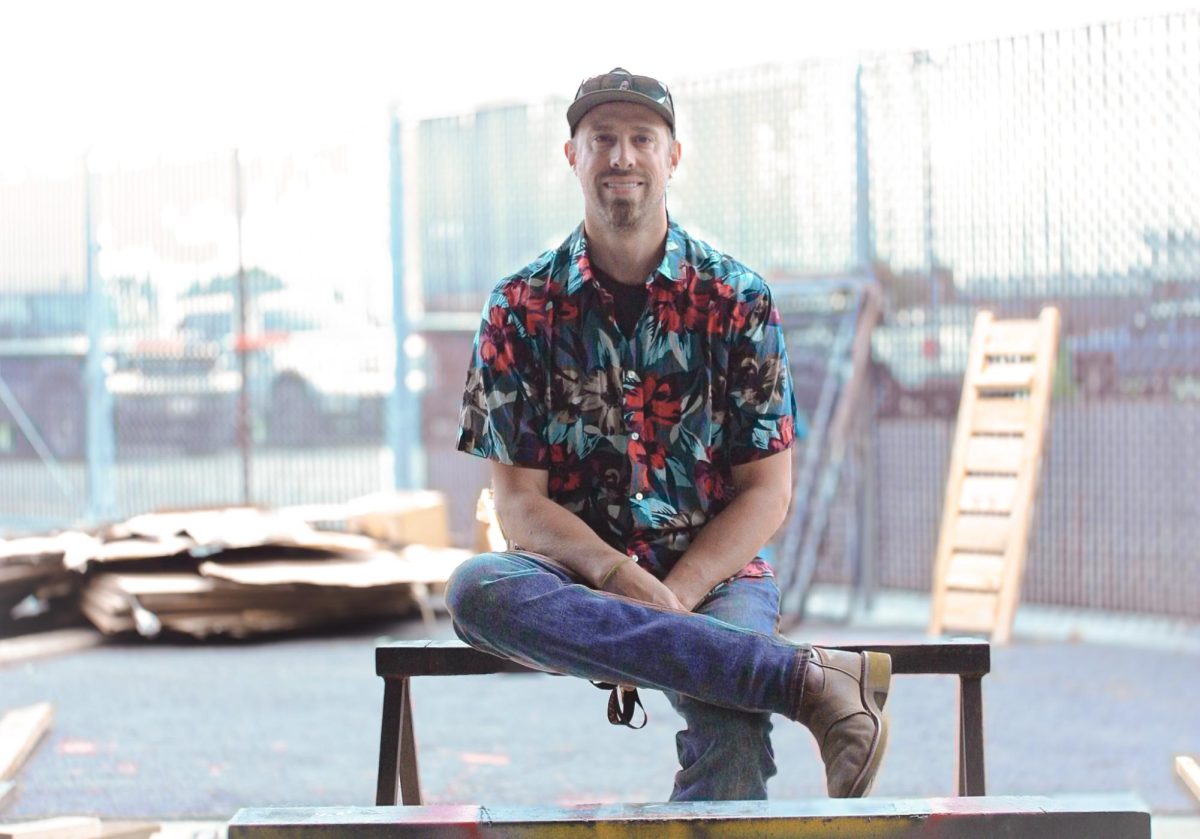



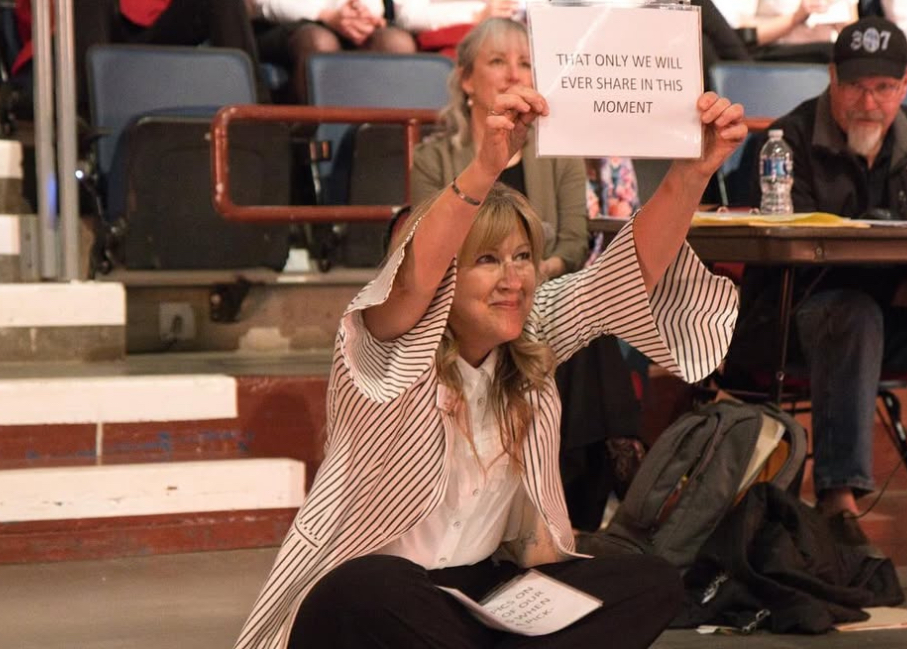








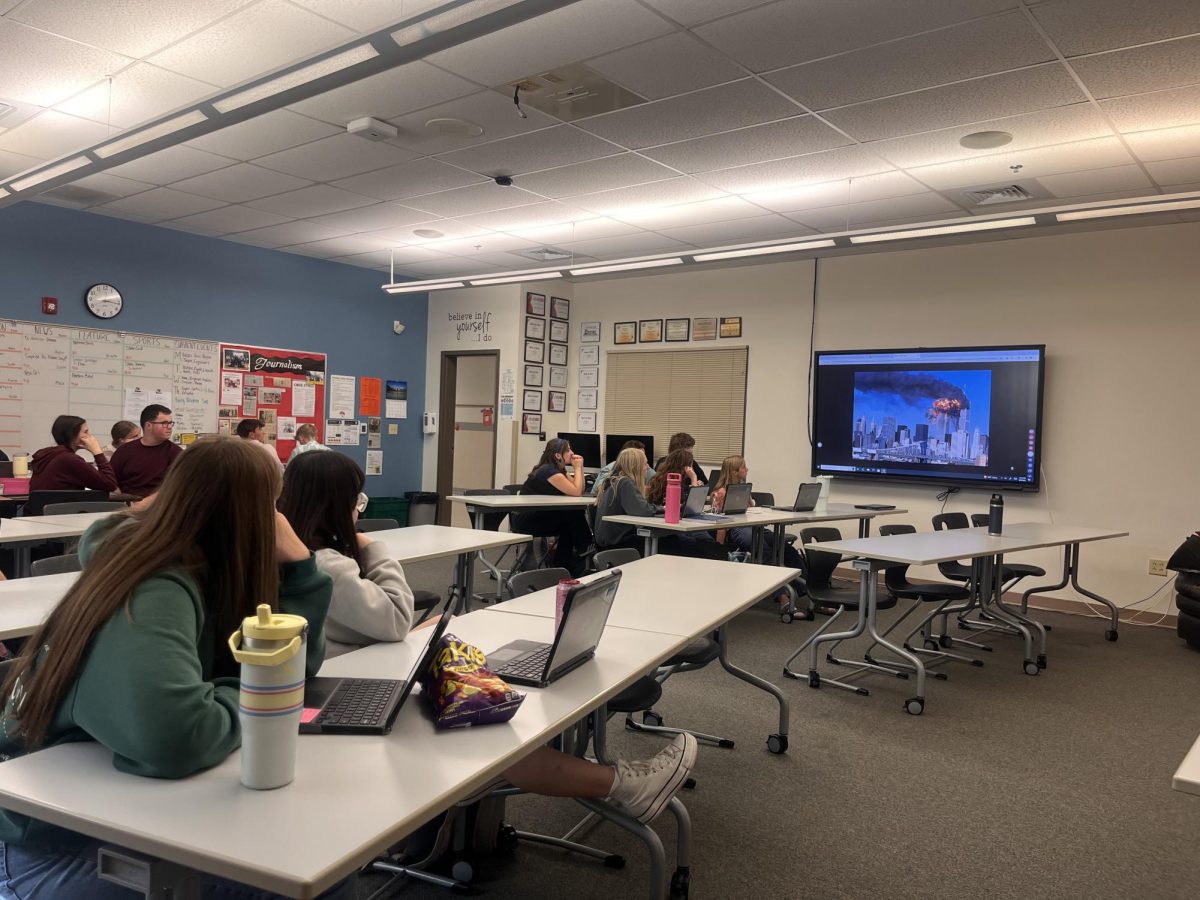


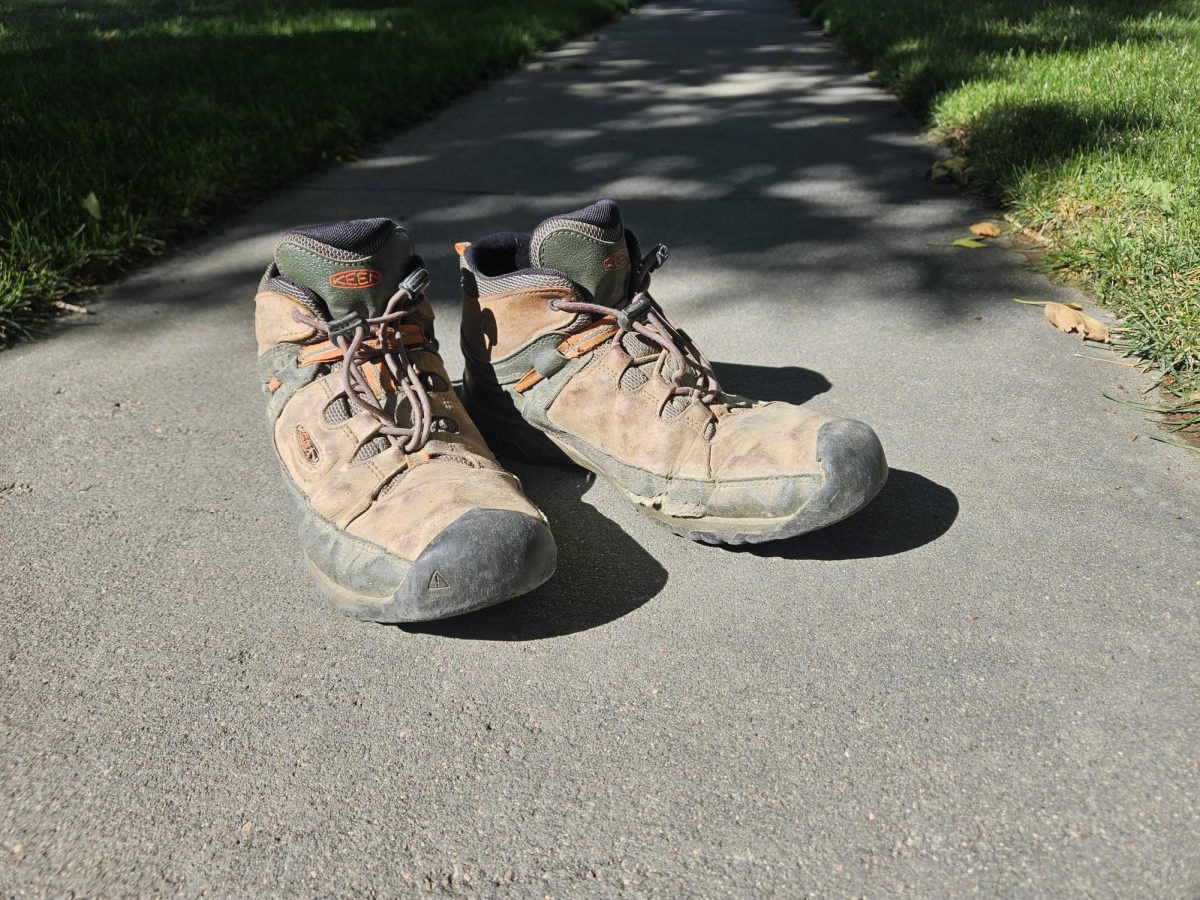










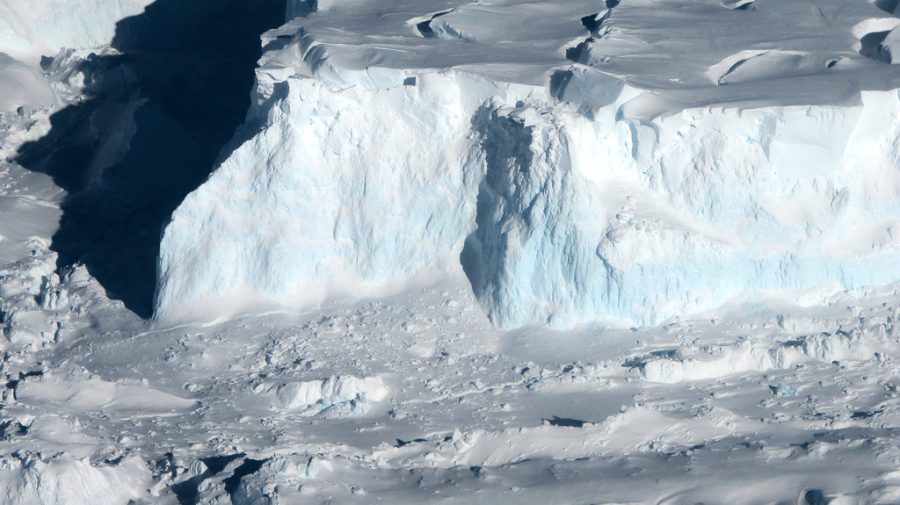
Brandon Preator • Feb 11, 2022 at 11:57 am
Very interesting topic! It would have been nice to hear more opinions on the matter. Global warming, or cooling, or climate change, whatever you want to call it (global seasons maybe?) is probably something that is going to effect humans, someday. We probably need to start a Climate Change Coalition, or something so we can pay people to figure out how to stop humans and animals from destroying the planet. (thumbs up emoji!)